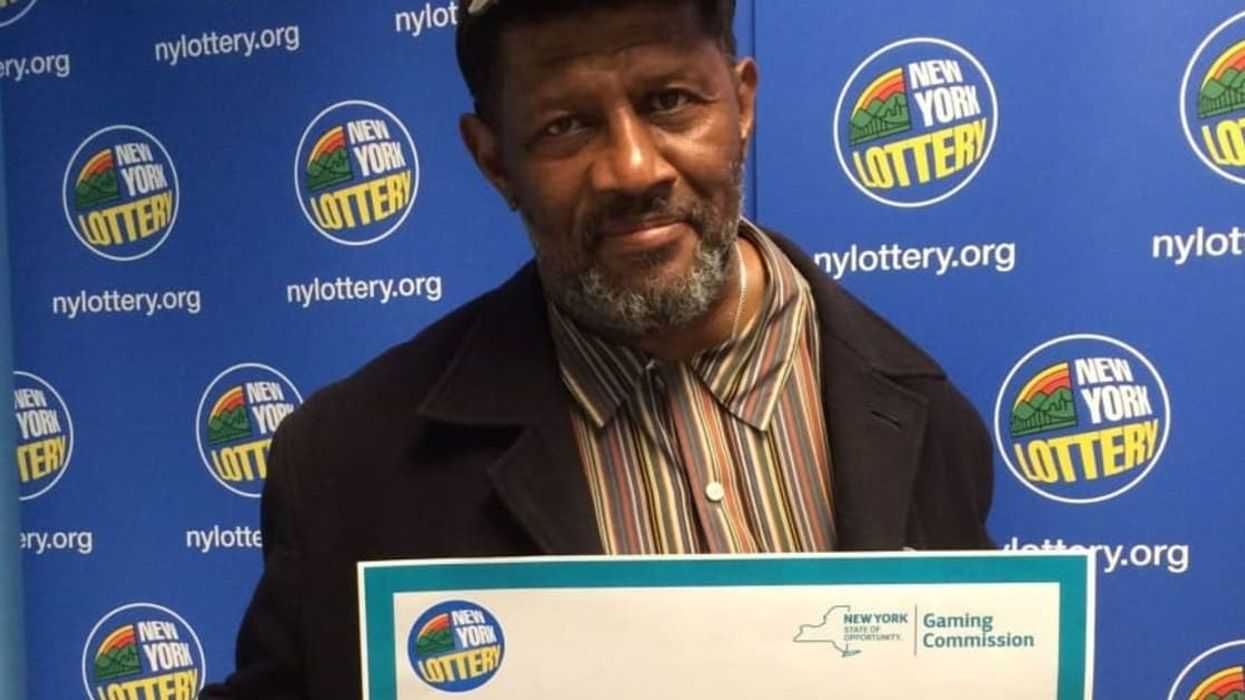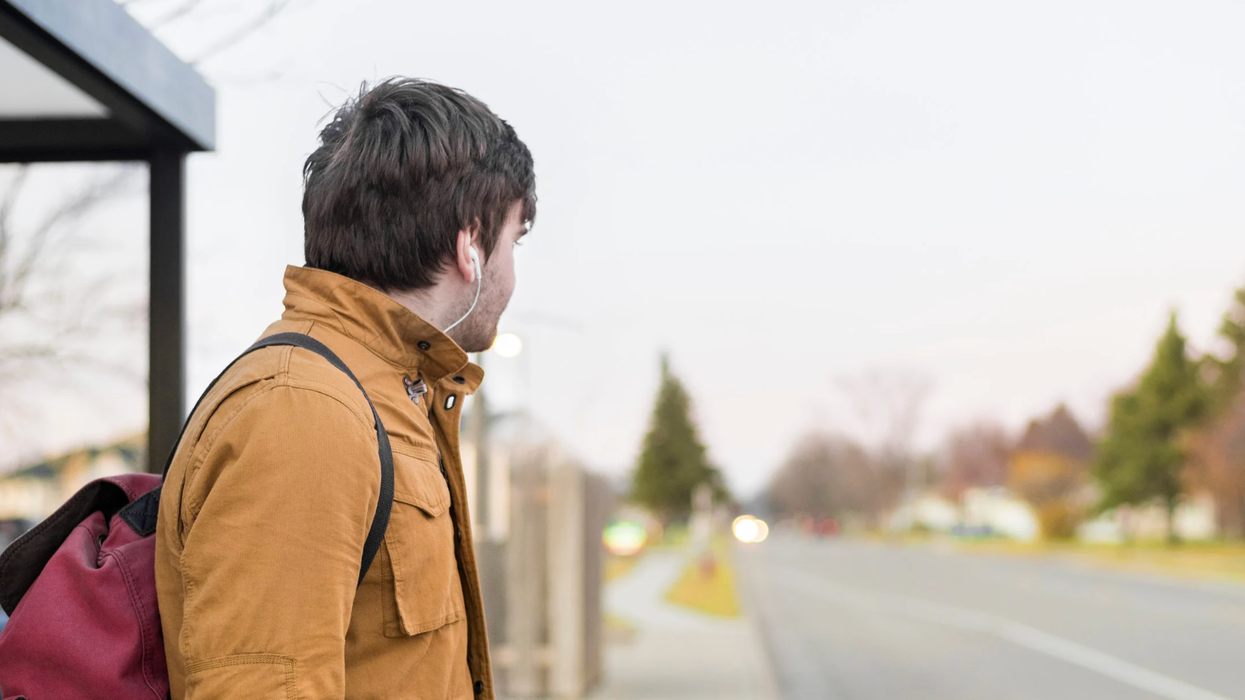"In a year, we will go through 4,000 pounds of albacore, 5,500 of salmon, 3,500 pounds of tuna..." Kristofor Lofgren's busy sushi restaurant uses incredible amounts of fish. "It's probably eight tons of seafood that we serve, so we feel it’s our jobs to make sure we have a positive impact." To compensate for that drain on the ocean's resources, Lofgren wants to add all that and more back into the ocean, so every ounce of spicy tuna roll you eat puts twice as much live tuna back in the sea.
Lofrgren says his restaurant, Bamboo Sushi in Portland, Oregon, is the most sustainable seafood restaurant in the world. It's a big claim, but he makes a strong case, citing his 4.5 "blue fish" rating on Fish to Fork's five-point sustainability scale. Only two other Japanese style sushi* restaurants in the world, both chains in the U.K., can boast the same. Lofgren has also racked up certifications from the Marine Stewardship Council and the Green Restaurant Association, and operates as a certified B-Corporation.
According to a 2011 report from the U.N's Food and Agriculture Organization, "32 percent of world fish stocks are estimated to be overexploited, depleted or recovering and need to be urgently rebuilt." With conscious consumers starting to take note, Lofgren's strategy is to overwhelm them with proof that his seafood is actually harvested properly, because, frankly, sushi often isn't. And even when it's not from an illegal vessel or an overfished area, there's still massive waste: As much as half of all fish caught never even make it to the table.
But convincing customers this is the least bad sushi spot isn't enough. "Now it is time to take this to the next level," Lofgren proclaims. "A business cannot truly say it is sustainable unless it is doing something in a direct way to recreate the natural resources or products it is exploiting... in our case, the oceans and fish."
He can't build more oceans, but he can protect more of what we have, and in the process boost fish populations. Oceans make up over 70 percent of our planet, yet only 1 percent of them are Marine Protected Areas, Lofgren says. "We are going to take a portion of every dollar spent at Bamboo Sushi, and work with the Nature Conservancy, WWF, Monterey Bay Aquarium... [and others] to buy those areas of ocean, turning them into 'fish banks' for research." And eventually breeding.
The idea is to keep the areas where the fish breed protected. In banking terms, the fish stock in that protected area is the principal. Then, Lofrgen says, we can live off of the interest, because hatching and spawning in these areas can multiply tenfold.
Lofgren declares, "if you never meet us or come into our restaurant, we still want our business to have a positive impact on you." And he wants you to know it—that's part of his brand after all. He plans to trademark "consumer regeneration," the idea that consumption can restore the environment rather than detract from it.
Bamboo Sushi is about to officially buy their first marine protected area. It will be 100 square kilometers, about 405,000 acres, in the Bahamas. Planning for the second one, closer to home in the Pacific Northwest, is already underway.
Some of the money for those preservation purchases comes from built-in revenues, but there's also a clever scheme to solicit add-on donations from diners. You can contribute any amount you want at the end of the meal, it’s right there on the dessert menu, just tack it on to your bill and swipe away.
If you donate $2,000—the cost of tagging a shark with a satellite locator—you can name it, and then track it online to see where it swims. And, through the University of Miami, if you donate more than $4,000, Bamboo Sushi will fly you out to Florida to tag a shark yourself. The price was $3,000 but too many people were signing up. Offering that kind of experiential engagement with conservation is proven to increase donations over time. It doesn't hurt brand loyalty to the restaurant either.
“We’ve found that the more we add to [our sustainability activities] the better we do. What we're doing is so different than what anyone else is doing … the press, the connection, the partnerships ... it will more than pay for the additional costs,” Lofrgen says.
All this devotion to mother earth, though, doesn't mean this place is all hippied out. “The restaurant doesn’t look sustainable. It’s still sexy, fun. So you still want to go in it," he says. "It’s not shoved down your throat,” even if they do use sustainably harvested teak chopsticks.
So far the plan is working. Bamboo Sushi has plans to open two new locations, another in Portland later this year, then one in San Francisco. "We want to be the next PF Changs, or Nobu," he says, but with a commitment to sustainability.
If you're not planning to pass through Portland anytime soon but still want to make sure your special rolls are doing the least damage to the planet possible, download the Monterey Bay Aquarium's Seafood Watch pocket sushi guide or this buyer's guide to sustainable seafood from the Marine Conservation Society.
*Phrasing in earlier version of this post implied that only two restaurants of any kind have a 4.5 rating on Fish to Fork.
















 Otis knew before they did.
Otis knew before they did.